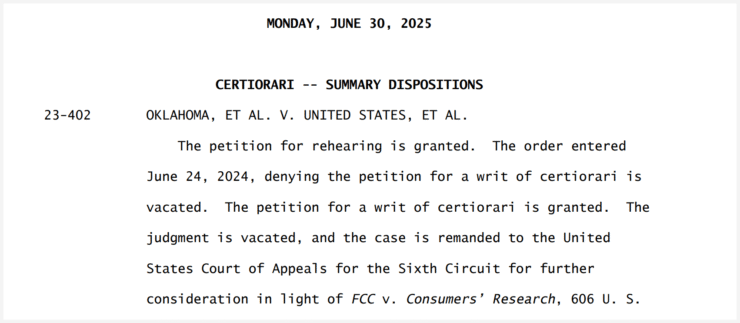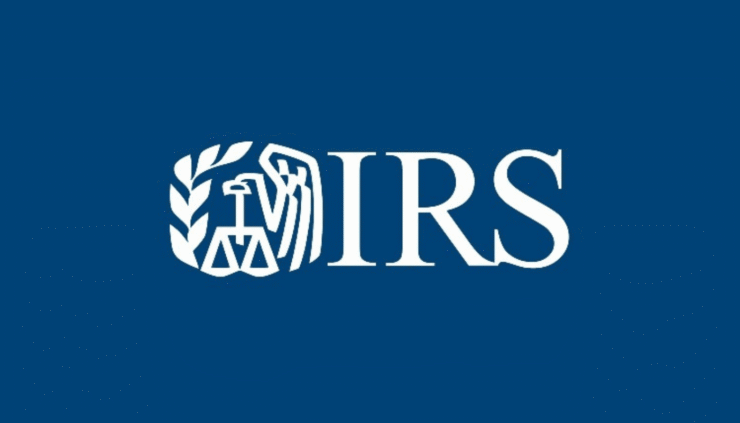The U.S. Supreme Court has declined to review a high-profile case that could have reshaped privacy expectations for crypto users facing IRS scrutiny.
In a brief notice issued Monday, the Court refused to hear an appeal from James Harper, a Coinbase customer who sued the Internal Revenue Service after the agency obtained his transaction history through a so-called “John Doe” summons.

Harper argued that the IRS violated his Fourth Amendment rights against unreasonable search and seizure by forcing Coinbase to turn over his private financial data.
His lawsuit, filed in 2020, was dismissed by the U.S. District Court for the District of New Hampshire in 2021, and the First Circuit Court of Appeals upheld the dismissal.
With the Supreme Court declining to take up the matter, the lower court ruling stands—a decision likely to have lasting implications for financial privacy in the digital asset sector.
Coinbase Warns of Broad Privacy Threat
Coinbase itself weighed in on the case, filing an amicus brief in support of Harper’s petition.
The exchange argued that the government’s sweeping approach allows federal authorities to trace not only past crypto transactions but also monitor all future activity—creating what it described as a precedent that reaches far beyond digital assets.
“We believe in tax compliance, but this goes far beyond a narrow and tailored request and far beyond crypto,” Coinbase Chief Legal Officer Paul Grewal said in April.
“This applies to banks, phone companies, ISPs, email—you name it.”
Grewal compared the situation to allowing the government to open any letter arriving in a taxpayer’s mailbox, adding that Americans deserve the same privacy expectations in their financial accounts as they do in their personal correspondence.
Without Supreme Court intervention, the case solidifies the government’s power to collect broad transaction data from crypto platforms—a prospect privacy advocates fear could chill innovation and erode consumer trust.
IRS Ramps Up Crypto Enforcement as Tax Season Closes
The ruling comes as crypto investors are reporting an unprecedented surge in IRS enforcement activity.
According to tax software firm CoinLedger, there has been a 758% increase this year in users reaching out for help after receiving IRS letters about potential reporting discrepancies tied to digital assets.
While the notices do not necessarily accuse recipients of wrongdoing, they often indicate that the IRS has obtained transaction records from exchanges like Coinbase and Poloniex under the same “John Doe” summons authority challenged by Harper.
For now, the Supreme Court’s decision leaves crypto traders with fewer legal tools to challenge broad data collection—highlighting the mounting tension between tax compliance and individual privacy rights in the era of blockchain transparency.
Quick Facts
- The Supreme Court declined to hear James Harper’s challenge against the IRS data sweep.
- The ruling allows the IRS to keep using “John Doe” summonses to collect bulk crypto transaction data.
- Coinbase and other advocates warn this sets a broad precedent for financial surveillance.
- IRS letters to crypto users have surged, even among those with no alleged tax violations.





